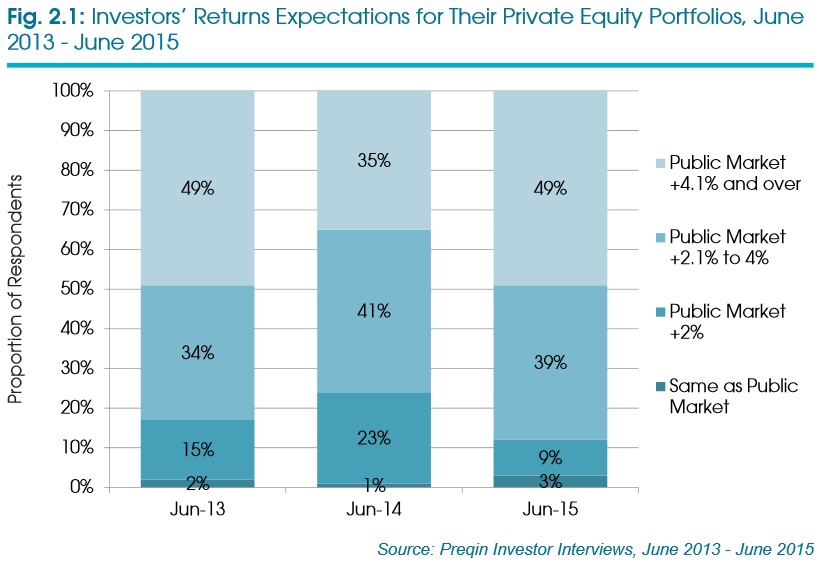 David WescoeThe San Diego County Employees Retirement Association (SDCERA) has named interim CEO David Wescoe as its permanent chief less than a month after terminating outsourced-CIO (OCIO) Salient Partners.
David WescoeThe San Diego County Employees Retirement Association (SDCERA) has named interim CEO David Wescoe as its permanent chief less than a month after terminating outsourced-CIO (OCIO) Salient Partners.
He will begin his full-time duties on September 18.
Wescoe joined the $10.6 billion public plan in February as a consultant to guide the fund’s transition from an OCIO to internal CIO Stephen Sexauer. In March, then-CEO Brian White resigned after nearly two decades in the position.
“After a thorough and comprehensive national search process, the board of retirement is very pleased to have found the best individual to assume leadership of this organization,” board Chair Skip Murphy said in a statement.
Murphy also praised Wescoe’s contributions and leadership since taking on the interim-CEO role in April.
“SDCERA is in the ‘life-touching’ business; our responsibility to our members impacts the livelihoods of thousands of individuals,” Wescoe said. “Strengthening the fund and internal expectations for the benefit of SDCERA members over the long term is a terrific opportunity, one that I am very excited to have.”
In the midst of numerous transitions, SDCERA also announced it would lower its investment return assumption from 7.75% to 7.5%.
The change, along with reductions in inflation and salary increase assumptions, will be applied to the June 30, 2015 actuarial valuation used to determine contribution rates for fiscal year 2016, the pension plan said.
Wescoe is currently president of investment advisory firm Efficient Market Advisors. Prior to this, he served as chief executive for the Motion Picture Industry Pension and Health Plans and CEO of the San Diego City Employees’ Retirement System.
The new chief has experience as a corporate finance lawyer, having served as counsel to commissioners at the US Securities and Exchange Commission. Wescoe also spent time as CEO of Northwestern Mutual Investment Services.
He holds a bachelor’s degree from the University of Kansas and a juris doctor from Columbia Law School.
Related: San Diego County Terminates OCIO Salient & San Diego County Appoints Interim CEO as CIO Search Pushes On

 While the performance of private
equity funds has undoubtedly improved in the short term—roughly a third of
respondents (35%) said their expectations were surpassed in the past 12 months,
compared to just 12% in June 2014—investors in different regions varied in
their satisfaction with managers.
While the performance of private
equity funds has undoubtedly improved in the short term—roughly a third of
respondents (35%) said their expectations were surpassed in the past 12 months,
compared to just 12% in June 2014—investors in different regions varied in
their satisfaction with managers.